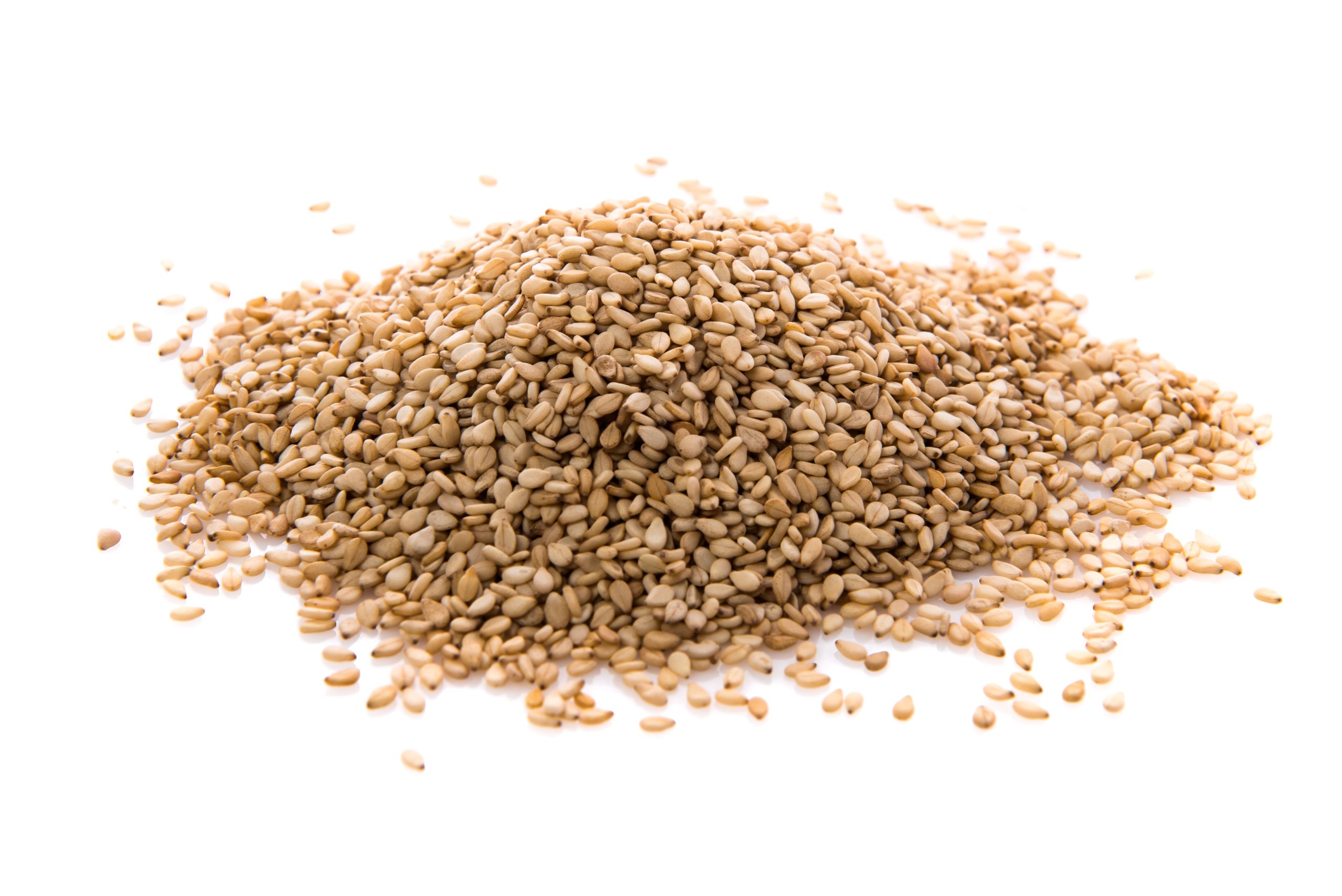Pakistani sesame seeds are among the finest in the world, prized for their high quality, rich flavor, and numerous health benefits. These precious seeds have a long history of cultivation in the fertile lands of Pakistan, where the climate and soil conditions are ideal for their growth.
Sesame seeds have been a key ingredient in both traditional and modern cuisines for centuries. It is widely used in various products, ranging from cooking oils to snacks and sweets. The global demand for these seeds is growing, thanks to their nutritional value and versatility.
1. The Origin and History of Sesame Seeds
Sesame seeds have a long history of cultivation and use. They are believed to be one of the oldest oilseed crops, originating in ancient regions. Over the centuries, sesame has become a staple ingredient in various cultures due to its rich flavor and diverse uses. From ancient civilizations to modern times, sesame seeds have been an essential crop for cooking, medicinal purposes, and even in rituals.
The seeds thrive in warm, tropical climates and have been cultivated in different parts of the world for thousands of years. Their widespread usage can be seen in various cuisines, from Middle Eastern to Asian and Mediterranean. Today, sesame seeds are known not only for their delicious taste but also for their high nutritional value, making them an important global commodity.
2. Nutritional Benefits of Sesame Seeds
Sesame seeds are packed with essential nutrients that contribute to a healthy diet. They are an excellent source of plant-based protein, making them a great addition to vegetarian and vegan diets. Rich in healthy fats, particularly unsaturated fats, they help support heart health and reduce inflammation. Additionally, sesame seeds are high in dietary fiber, which aids in digestion and promotes overall gut health.
Sesame seeds contain antioxidants that help fight oxidative stress and protect the body from harmful free radicals, promoting long-term health.
3. How to Use Sesame Seeds in Your Cooking
Sesame seeds are an incredibly versatile ingredient in the kitchen, offering a rich, nutty flavor to a variety of dishes. They can be used as a topping for salads, baked goods, and stir-fries. Toasted sesame seeds are often sprinkled on top of dishes to add a crunch, while raw sesame seeds can be mixed into smoothies, yogurt, or energy bars for an extra nutritional boost.
4. The Quality of Sesame Seeds
The quality of sesame seeds plays a vital role in determining their flavor, texture, and nutritional value. High-quality seeds are plump, firm, and free from any discoloration or blemishes. They should have a mild, nutty aroma without any signs of rancidity. Good quality sesame seeds are harvested at the right time, ensuring they retain their rich flavor and nutritional properties.
5. Sesame Seed Oil: Extraction and Uses
Sesame seed oil is extracted from the seeds through a cold-pressing or refining process. The cold-pressed oil retains more of the seed’s natural nutrients and has a rich, nutty flavor, making it ideal for cooking and dressing salads. This oil is also prized for its high smoke point, which makes it perfect for frying or sautéing at high temperatures without breaking down.
6. Health Benefits of Consuming Sesame Seeds Regularly
Regular consumption of sesame seeds offers a range of health benefits. Due to their high content of magnesium and calcium, they strengthen bones and may help in preventing bone-related conditions. Additionally, sesame seeds are a great source of zinc, which is crucial for immune function and healthy skin.
7. Sourcing and Buying Sesame Seeds
When sourcing sesame seeds, it’s important to choose suppliers who offer high-quality, clean seeds with minimal processing. Look for those who provide sesame seeds in bulk, allowing for cost savings while ensuring that the seeds are fresh and properly stored. Many suppliers also offer organic sesame seeds for those looking for a more sustainable and chemical-free option.
Buying sesame seeds from a trusted supplier guarantees that the seeds have been carefully cultivated, harvested, and processed. Suppliers often provide detailed information about the seeds’ origin and quality to help customers make informed choices.
Always choose suppliers that prioritize freshness and quality to ensure the best taste and health benefits. Meskay & Femtee Trading Company is one such brand known for its commitment to quality.
Conclusion
Pakistani sesame seeds are a valuable addition to any kitchen or manufacturing process due to their exceptional quality and health benefits. They offer a wide range of culinary uses, from baking and cooking to making oil and cosmetics. Whether you’re looking to incorporate them into your diet or use them in food production, Pakistani-grown sesame seeds are a smart and healthy choice.
FAQs
1. What makes Pakistani sesame seeds different from others?
A: Pakistani sesame seeds are known for their high quality and rich flavor. The country’s fertile soil and ideal climate conditions help produce seeds that are packed with nutrients and have a delicious, nutty taste. These factors make them a preferred choice for both local and international buyers.
2. Are Pakistani sesame seeds good for health?
A: Pakistani sesame seeds are very healthy. They are rich in essential nutrients like calcium, iron, magnesium, and healthy fats. Regular consumption of sesame seeds can help improve heart health, bone strength, and overall well-being.
3. How are Pakistani sesame seeds used in cooking?
A: Pakistani sesame seeds are used in a variety of ways, such as in baking, cooking, and as toppings for dishes like salads, breads, and desserts. They can also be ground into paste to make tahini or used in making sesame oil, which is great for cooking and as a salad dressing.
4. Can Pakistani sesame seeds be used for making oil?
A: Pakistani sesame seeds are commonly pressed to extract sesame oil, which is highly valued for its rich, nutty flavor. Sesame oil is widely used for cooking, frying, and even in beauty products due to its nourishing properties.


Leave a Reply